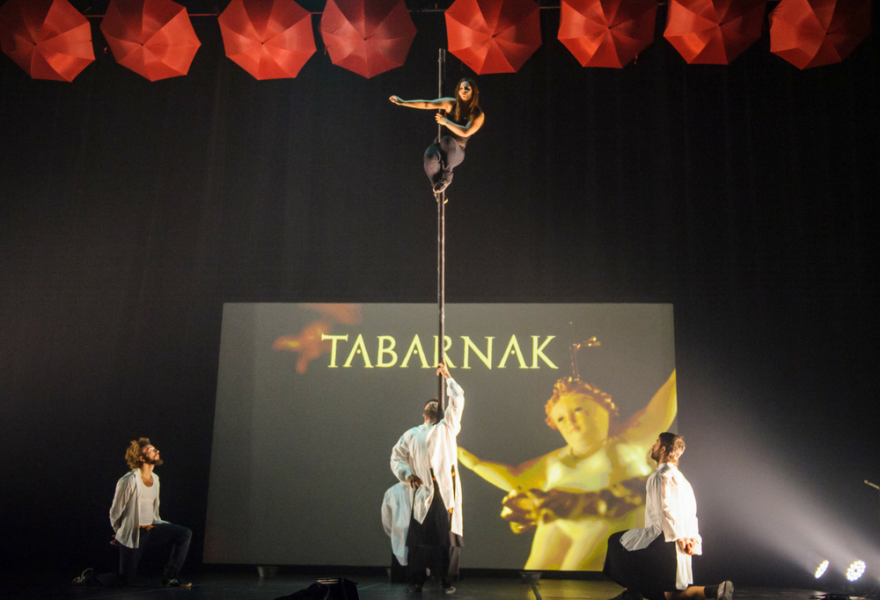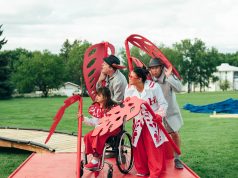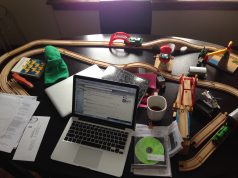
This week we are turning our attention to the province of Québec.
What do you think of when you first hear “Québec” or “Québecois”? French? Battle of the Plains of Abraham? Tourtière? The Habs (or Canadiens)? Céline Dion? Québec’s cultural identity is often essentialized into large generalizations about the population.
For example, Québec is known for Cirque du Soleil. The circus scene in Québec, however, is much, much more diverse that this one company. Both Montréal and Québec City are homes to circus schools that attract students from all over the world. There are dozens of circus companies that exist in – or at least have their roots in – the province. Québec circus is also exported and produced all over the world.
But what do we know about circus from an academic standpoint? How do we study it or teach it? More broadly, how do we teach the performing arts, a field – or the point of contact of many fields – that is fundamentally immersive and embodied? Performing arts involves the study of creation and the creative process, narrative and dramaturgy, critical theory, and cultural studies. It’s never just one thing. So why are institutions sticking performing arts classes into the one-size-fits-all model? Is there another way of going about it?
In July 2017, Professor Patrick Leroux of Concordia University set out to do just that: launch the first ever field school in performing arts (first ever at Concordia that is). The ten-day intensive course on Québec Performing Arts brought together artists, practitioners, and scholars from all over the world to discuss Québec dramaturgies and in particular contemporary circus in Québec.
Over the next two weeks, CdnTimes will publish articles that will introduce our readers to the contemporary circus scene in Québec, as well as the challenges and possibilities that present themselves specifically in producing work connected to Québec history and Québec culture. The articles focus on performances and shows witnessed during the 2017 Montréal Complètement Cirque Festival, which takes over the city once a year for two weeks during the month of July.
This week we will hear from Professor Leroux on the inspiration behind and the development of the course, and perhaps get some insight into how we can think differently about teaching the performing arts. Next week, we will see articles written by some of the students from our course, some of whom are circus practitioners themselves, providing us with a unique inside-outside view into the world of Québec circus and the study of Québec performing arts.









